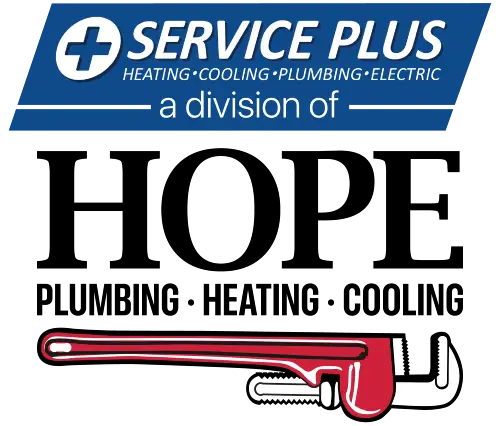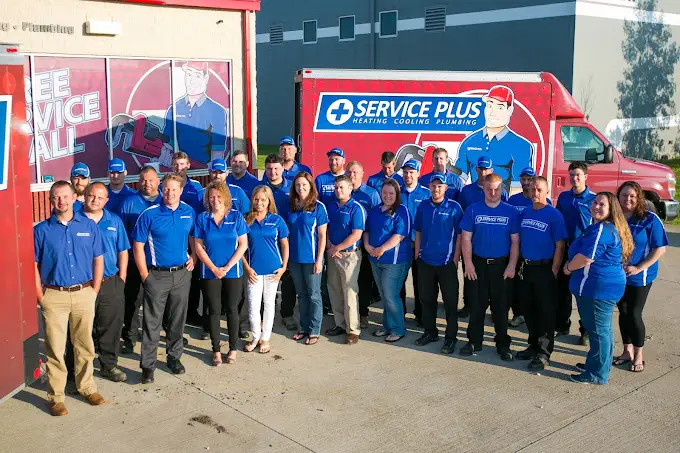Unsure which water treatment works best for you? It’s true that they all offer some different advantages, and a few have some downsides worth considering. So today our team is going to help you by offering up the ins and outs of home water treatment! Follow along with the Service Plus Heating, Cooling, and Plumbing team as we give a brief overview of each.
Water Treatments: A Short Overview
There’s a lot of science in all of this, and we really could build an absolutely massive guide with in-depth details. It would have diagrams and everything. But you’re here for answers, not confusion! So, let’s give it a swift go-over starting with:
Reverse Osmosis Treatments
Reverse osmosis systems are one of the most commonly used and popular treatment options. These make use of a semipermeable (some things can go through, others can’t) membrane and pressure to filter water. More specifically, the incoming water is taken in by the system, pressurized, passed through the membrane (which traps contaminants and particles), then directed into your home.
In terms of overall filtration, they do a pretty admirable job, and you can expect to see an average reduction of 90% or so of the salts, organisms, and compounds you don’t want in your drinking water. However, RO units are a fair investment, and discard a very considerable amount of the water during the process.
Water Softeners (Ion Exchange Systems)
Hard water is a term you probably hear quite a lot, and as a resident of Indianapolis, you’re probably pretty familiar with it, too. Hard water is water with an excessively high mineral content, and it is this problem that softeners aim to resolve.
Water softeners use ion exchange resins to draw out these impurities, the water being drawn into a treatment tank, treated by essentially swapping out the offending minerals with soluble sodium, and then placed back into your water supply. These treatments tend to be very good at what they do, but they are more of a treatment than a filter!
Water Filters
Specifically, let’s talk about activated carbon filters. These filters draw your water supply through a series of carbon and filter systems in order to both repel unwanted materials, and to absorb many impurities that come along with city water. Carbon filters are exceptionally effective at filtering out the majority of contaminants, as well as harmful chemicals including radon and trihalomethanes.
These systems are cost-effective, and very good at improving the health benefits, taste, and smell of home water. You’ll want to keep in mind, however, that the carbon filter will need to be replaced on a routine basis, but this is a very easy thing to get done.
Water Treatment Services in Indianapolis
Tired of dealing with dirty, tasteless, or odor-laden water? If so, you’ll be glad to know that you don’t have to! Our water treatment professionals can help you choose the solution that suits your needs best; just contact us online to get started!
 Skip to content
Skip to content


